
Exploiting symmetry in structured data is a powerful way to improve the generalization ability, data efficiency, and robustness of AI systems, which leads to the research direction of equivariant deep learning. Showing its effectiveness, it has been widely adopted in a large variety of subareas of computer vision, from 2D image analysis to 3D perception, as well as further applications such as medical imaging and robotics.
Our topics include but are not limited to:
- Theoretical foundations of equivariant deep learning with symmetry and group theory.
- Equivariance by design: Neural network architectures and mathematical guarantees.
- Equivariance from data: Learning equivariant and invariant features.
- Applications in 2D and 3D computer vision and robotics.
- Applications in broader science: computational biology, medicine, natural science, etc.
- Equivariance in the large-model era and potential future directions.
Keynote Speakers

Maani Ghaffari
UMich
UMich

Tess Smidt
MIT
MIT

Vincent Sitzmann
MIT
MIT

Thomas Mitchel
PlayStation
PlayStation

Taco Cohen
Qualcomm
Qualcomm

Gabriele Cesa & UvA
Qualcomm
Qualcomm

Robin Walters
Northeastern
Northeastern
Tutorial

Chien Erh Lin
UMich
UMich

Tzu-Yuan Lin
UMich
UMich
Schedule
| Morning Session | 08:30-11:45 |
| Opening Remarks and Welcome | 08:30-08:45 |
|
Keynote Talk: Robin Walters
Pushing the Limits of Equivariant Neural Networks
|
08:45-09:30 |
|
Keynote Talk: Maani Ghaffari
Lie Algebraic Neural Networks and Data Processing
|
09:30-10:15 |
| Coffee Break | 10:15-10:30 |
|
Keynote Talk: Taco Cohen
Scaling Equivariant Transformers
|
10:30-11:15 |
|
Keynote Talk: Gabriele Cesa
Hard and soft equivariance priors via Steerable CNNs
|
11:15-12:00 |
| Lunch Break | 12:00-13:30 |
| Afternoon Session | 13:30-17:00 |
|
Keynote Talk: Tess Smidt
Playing with Equivariance: Rules, Tricks, and Symmetry-Breaking
|
13:30-14:15 |
|
Keynote Talk: Vincent Sitzmann, Thomas Mitchel
Equivariance for World Models
|
14:15-15:00 |
| Coffee Break | 15:00-15:15 |
|
Tutorial: Chien Erh Lin, Tzu-Yuan Lin
Equivariant Networks: Learning with Symmetry in Vision
|
15:15-16:15 |
| Conclusion | 16:15-16:30 |
Organizers
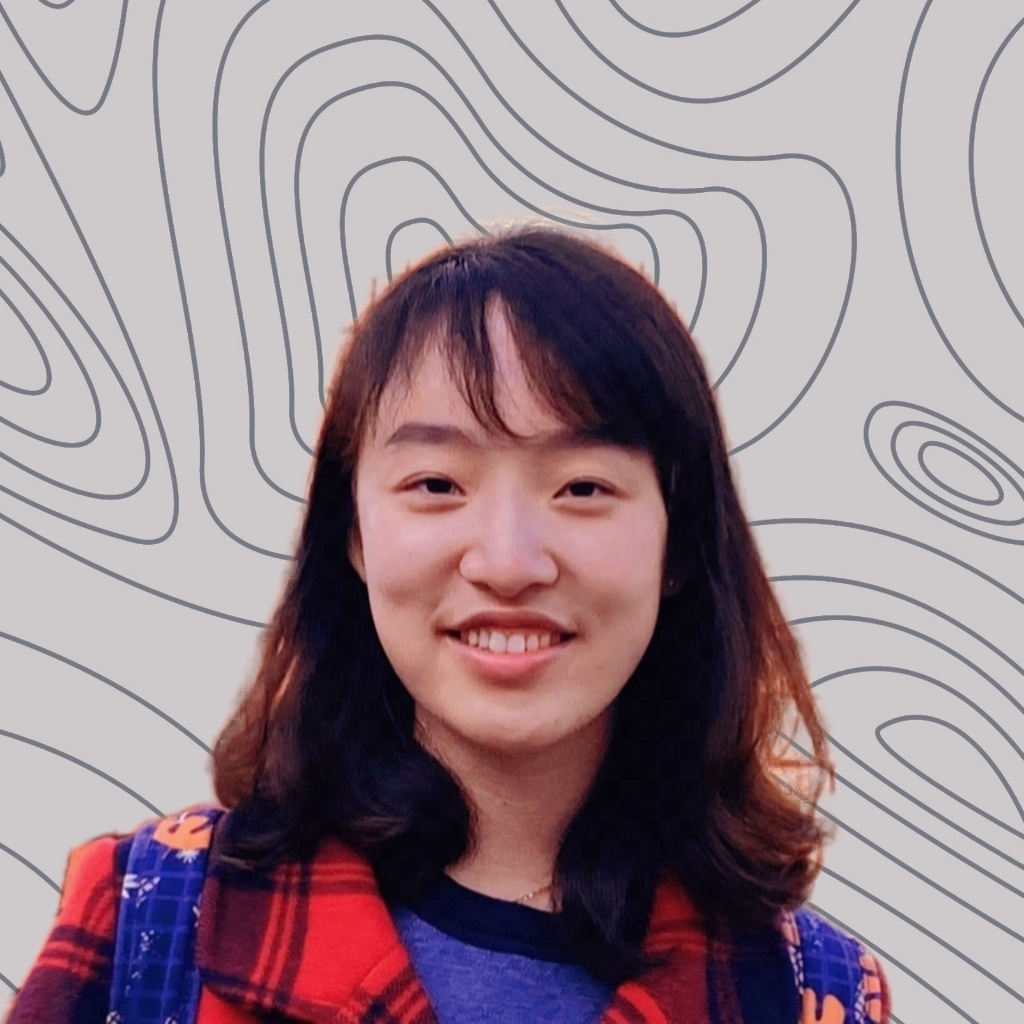
Congyue Deng
Stanford
Stanford

Evangelos Chatzipantazis
UPenn
UPenn
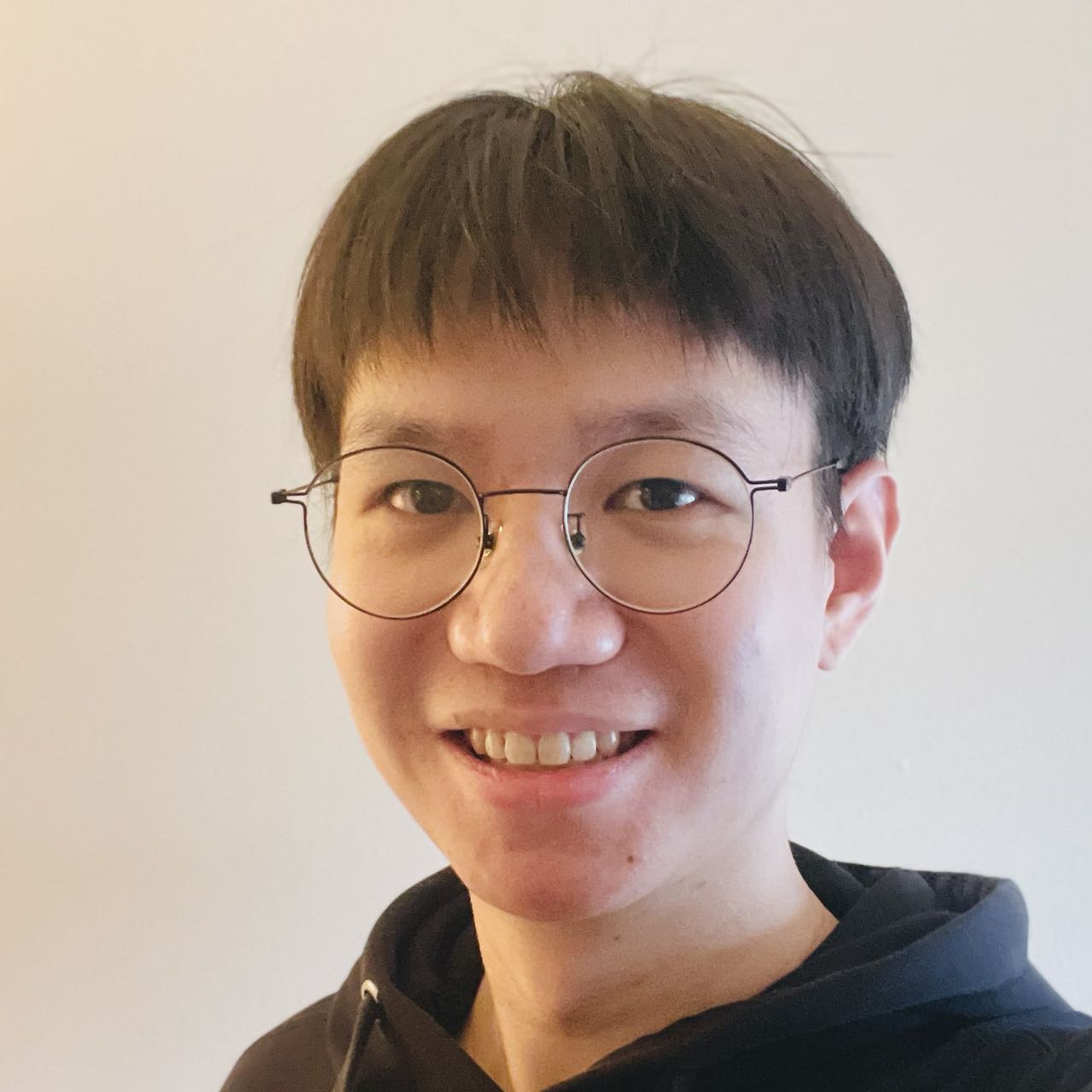
Jiahui Lei
UPenn
UPenn
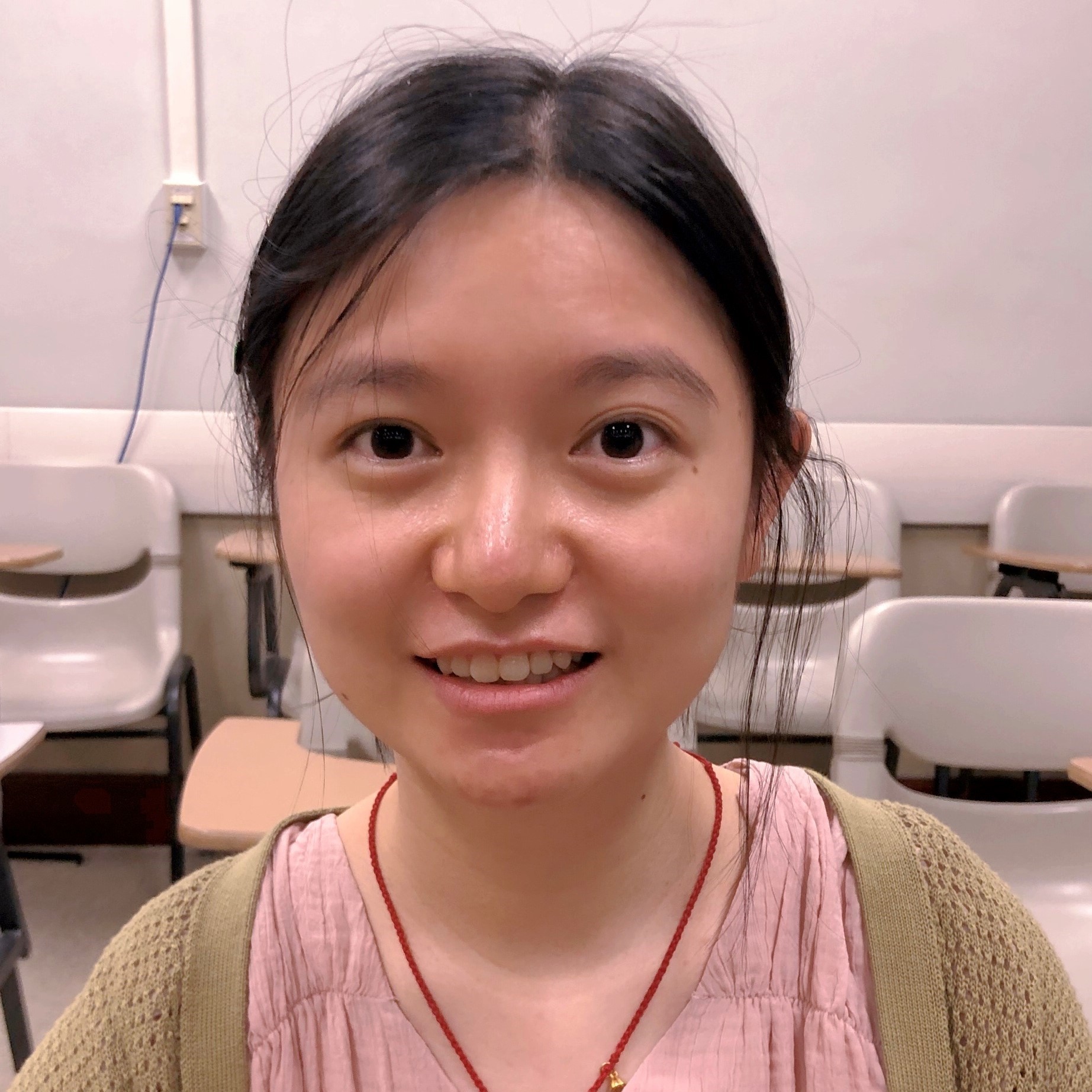
Yinshuang Xu
UPenn
UPenn
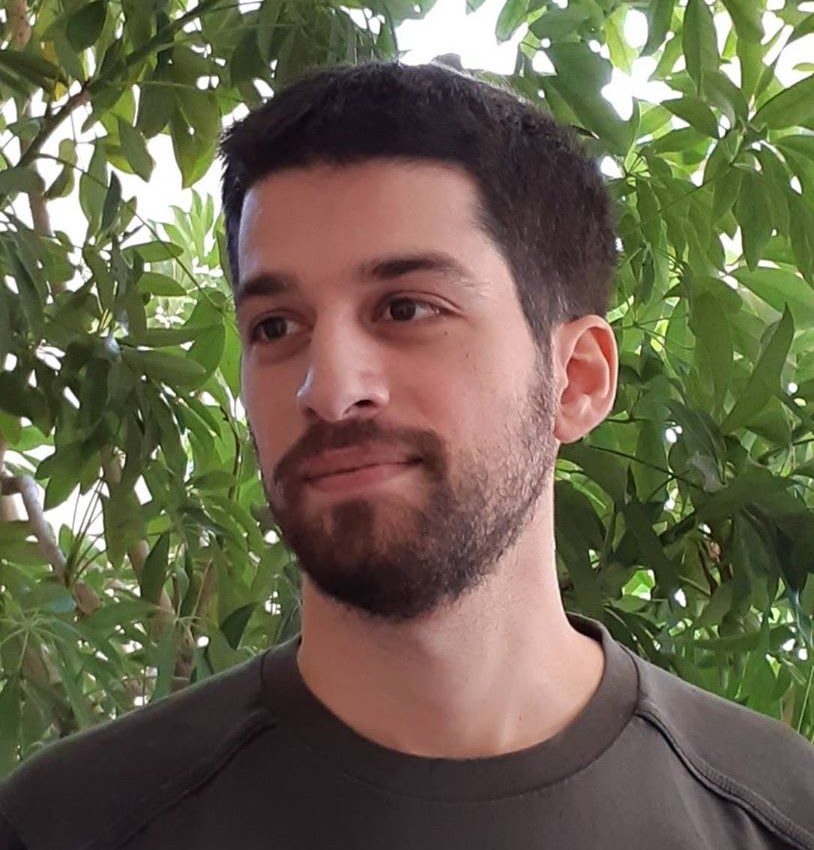
Stefanos Pertigkiozoglou
UPenn
UPenn

Minghan Zhu
UMich & UPenn
UMich & UPenn
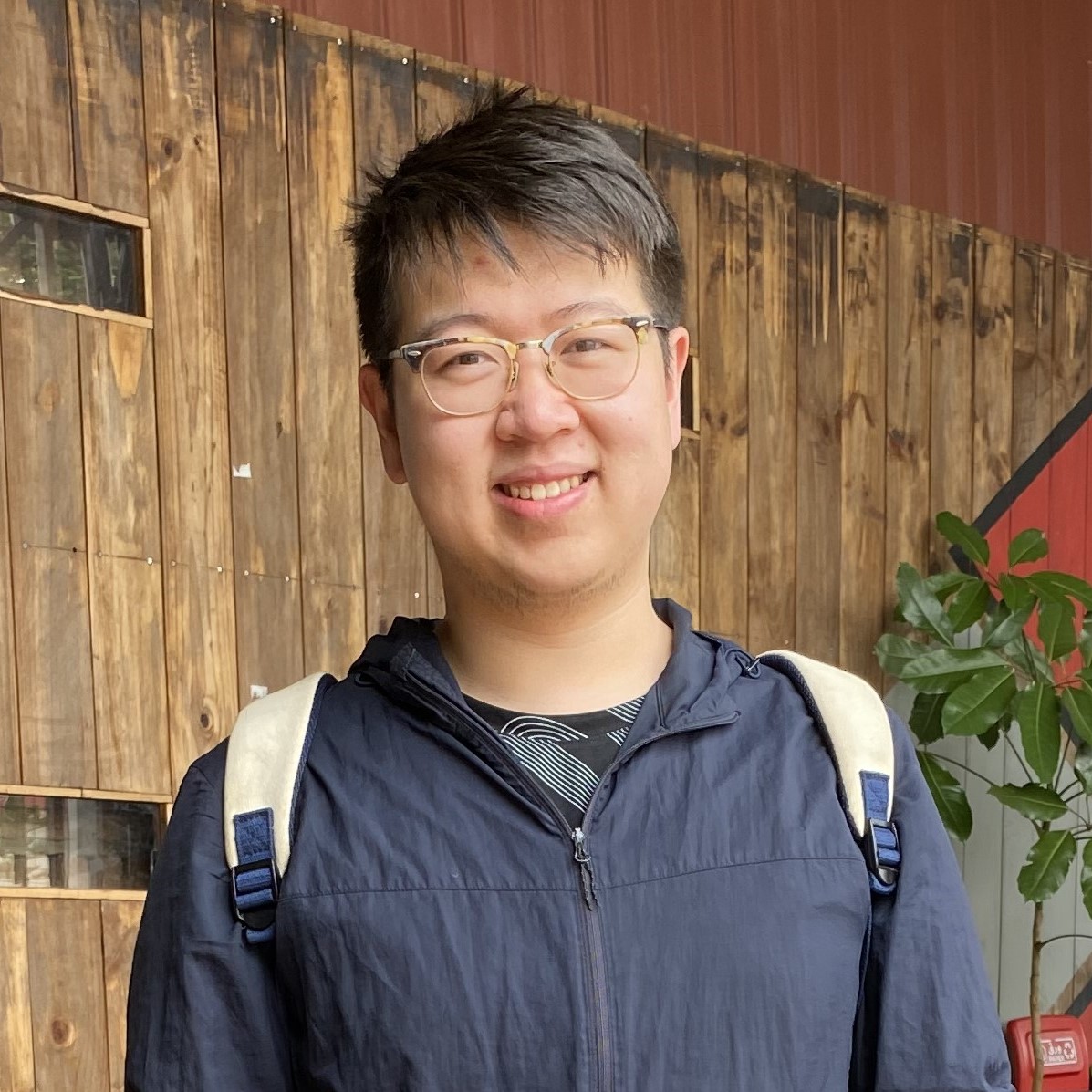
Huazhe Xu
Tsinghua
Tsinghua

Thomas Mitchel
PlayStation
PlayStation

Leonidas Guibas
Stanford
Stanford

Kostas Daniilidis
UPenn
UPenn
Previous Workshops